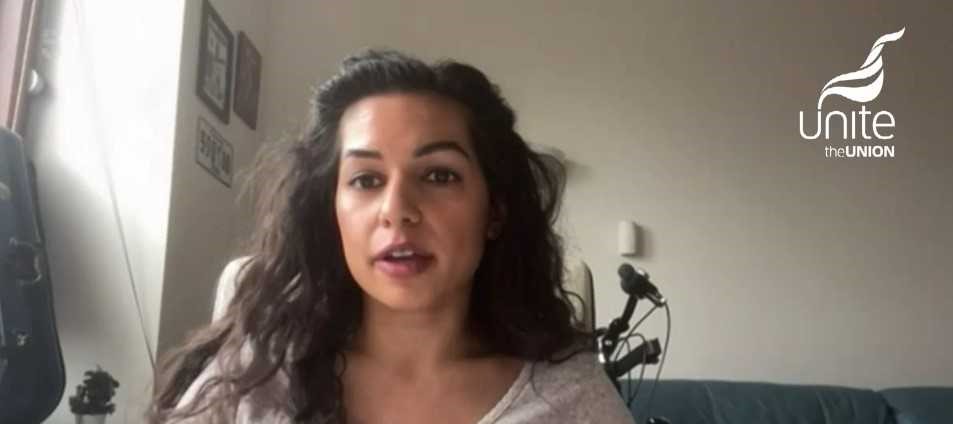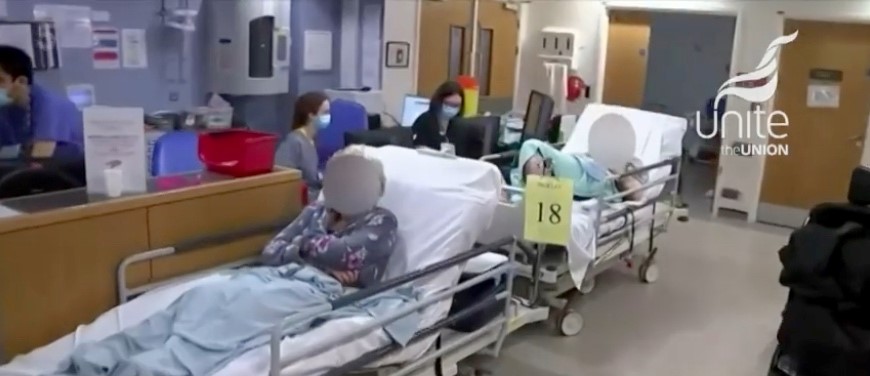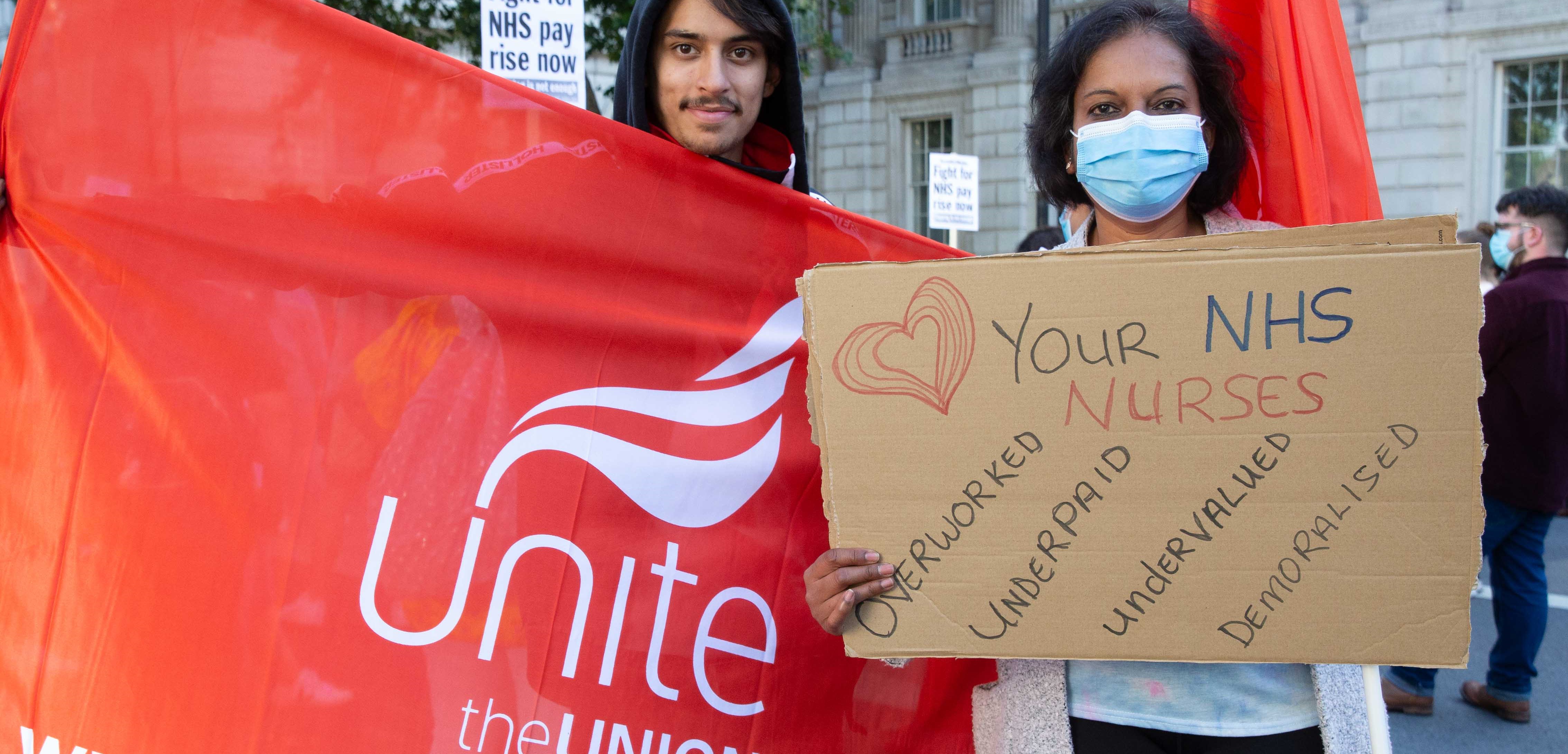Nurse staffing ‘in peril’
It’s been only the first year since nursing bursaries – which enabled student nurses to pursue their education for free – were scrapped.
But now figures show a major drop in university nursing applications, with UCAS this week reporting an 18 per cent fall – the largest reduction since records began, totalling around 700 fewer student nurses training in England this year.
The shock figures will add to worries over a growing staffing crisis which has seen 36,000 nurse vacancies go unfilled.
Unite and other organisations which campaigned to save the nursing bursary said that scrapping the financial support would hit mature students especially hard.
They argued that they’d be deterred from pursuing a profession that requires taking on so much student debt — for some over ÂŁ50,000 — when they may already have other debts as older students.
And the latest figures show that these fears are coming to pass – while a record number of 18 and 19-year-olds were accepted, there was a massive 13 per cent drop in acceptances to nursing subjects in the 21 to 25 age group, and another 6 per cent fall in those 25 and over.
Associate director of policy and public affairs at the Royal College of Nurses, Lara Carmona argued that “the prospect of graduating thousands of pounds in debt appears to have deterred more mature students from applying, denying the profession their valuable life experience.”
“These figures show the future supply of nurses remains in peril – we have not seen the increase we need across the UK, despite government promises,” she added.
“In practice this will mean services already struggling to recruit staff will find it even harder. With a record number of people accessing services, it is patients who will pay the price for the government’s failure.”
More evidence that abolishing the nursing bursary will hit nursing recruitment hard came as it was revealed that only in England did the number of people accepted to study nursing fall – in Scotland and Wales, where the nursing bursary is still offered, acceptances increased.
The worrying figures come after an RCN survey showed the vast majority of the public recognise a staffing crisis in nursing.
Around 70 per cent of the voting public believed that the NHS was understaffed with nurses and a similar proportion believed nurses were underpaid for their work.
When health secretary Jeremy Hunt first announced the nursing bursary would be scrapped, he said that the government would increase places by 25 per cent this year, which, he said, would result in 10,000 more nurses.
But as the latest figures show, the pledges aren’t being honoured.
“This is a clear message that scrapping the bursary has not produced the promised outcome,” said Unite lead professional officer Jane Beach. “It takes three years to train a nurse so any drop now needs to be addressed. The evidence is clear that care provided by registered nurses leads to better outcomes for patients.”
The Labour party has pledged as part of its manifesto to bring back the nursing bursary. The party has also promised to lift the public sector pay cap and take other measures to address growing staff shortages in the NHS.
Find out more here.
 Like
Like Follow
Follow


